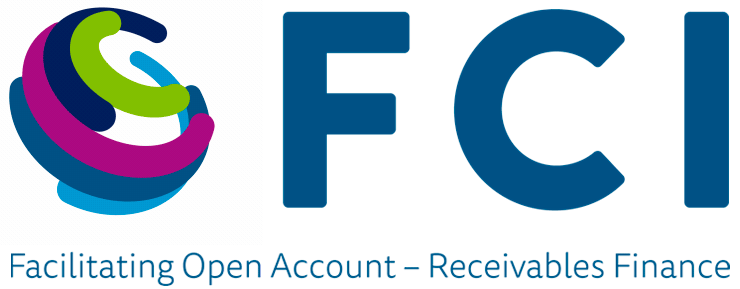The Constitution:
The Constitution is made up of two elements:
The Articles of Association - these set out the broad structure of FCI and have to be registered; and
The By-laws - these contain the more detailed rules which are more likely to need amendment as FCI develops. These amendments can be made without having to go through the formal registration procedure (see under “The Council” below).
The registration is done in the Dutch language but for ordinary purposes the English translation can be used. The full English text is in the Legal Manual which can be found in the library section of MY FCI.
The Council:
The Council is the highest authority within FCI. It alone can establish the policy and the general principles of operation of FCI. The Articles of Association, the By-laws, the GRIF, the edifactoring.com Rules and the Rules of Arbitration can be amended only with the approval of the Council.
It consists of full members and associate members of FCI but only full members have the right to vote on the above issues. The voting rights of associate members are limited to the election of the Chairman and those three candidates for ordinary membership of the Executive Committee who gain the highest number of votes from both full members and associate members.
The Council must meet at least once a year. Additional meetings may be called by the Executive Committee or at the request of at least 10% of the members.
The Executive Committee:
Article 5 of the Constitution states that FCI is managed by the Executive Committee. The Executive Committee can best be compared to a board of directors of a business corporation or company. The Executive Committee consists of a Chairman, two Vice Chairmen, an Immediate Past Chairman and seven, or in the event that (for whatever reason) an Immediate Past Chairman does not form part of the Committee, eight other members. Unless the number of members of the Executive Committee falls below 6, the Executive Committee remains validly composed.
Members of the Executive Committee are elected by the Council at its Annual Meeting. The Executive Committee also appoint the Secretary General and have the power to set up technical committees.
The Technical Committees:
The Technical Committees can be established by the Executive Committee for specific purposes either on a continuous basis or for a limited time only. Usually they are made up of specialist staff from member companies.
At present there are five technical committees and one Ad-hoc Committee:
-
The Business & IT Solutions Committee deal with all matters relating to the transfer of information between members.
-
The Education Committee are responsible for the development and implementation of FCI’s educational policy.
-
The Legal Committee deal with the maintenance of all FCI legal documentation and any issues arising from them.
-
The Marketing & Communication Committee help FCI to achieve its first objective, that is, “to promote the growth of international factoring transactions”.
-
The Compliance Committee was established to develop a compliance policy, both internal and external, to ensure that all laws, regulations and FCI Core Values are in place and to better understand the risks associated with FCI’s business activities.
-
The Supply Chain Finance (Ad-hoc) Committee has been created to analyse how FCI can develop a role and how it can provide added value to the Institutions developing other products such as Supply Chain Finance, not forgetting invoice discounters, forfaiters, etc.
The Secretariat:
The Secretariat is the collective name for the Secretary General and all other employees of FCI.
The Executive Committee appoint the Secretary General who is directly responsible to the Executive Committee for the administration of FCI and the implementation of the decisions taken by the Council and the Executive Committee. The Secretary General must ensure that minutes of the Council, the Executive Committee and the Technical Committees are prepared and circulated.
The Secretary General and all other employees of the Secretariat must be independent of any member of FCI.



